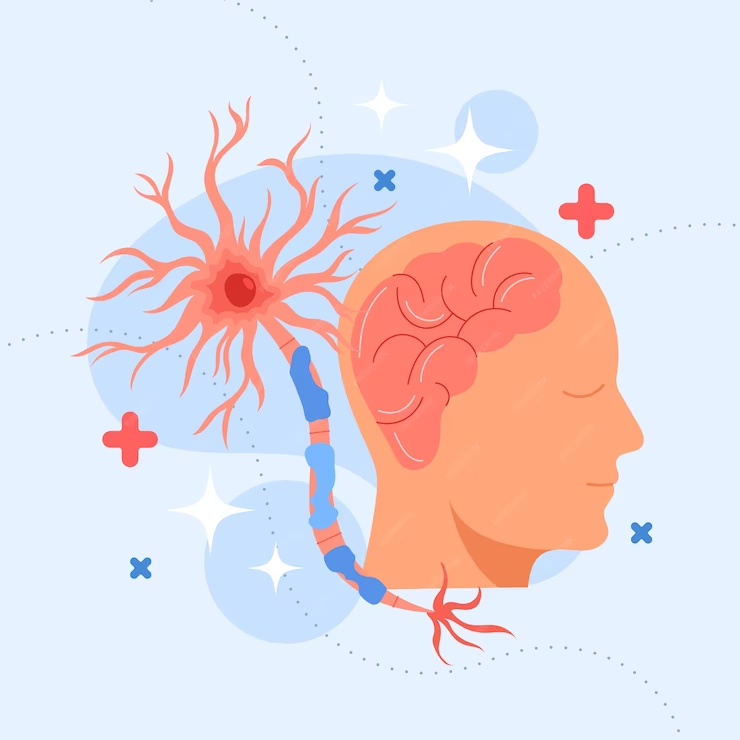Multiple sclerosis (MS) is an autoimmune condition that affects the nervous system, mainly the brain and spinal cord.
It begins as your immune system mistakenly attacks the myelin cells in the nervous system – these are protein, protective shelters that surround the brain and spinal cord nerves.
Damage to myelin causes an interruption in the signals or messages that are transmitted by nerves and sent throughout the body. These signals are responsible for daily functioning such as movement, vision, sensation, and movement. The loss of myelin develops scar tissue called sclerosis.
WHAT ARE THE POSSIBLE CAUSES OF MULTIPLE SCLEROSIS?
Although there is no exact reason as to why multiple sclerosis happens, there are certain factors that may cause it. These include:
- Autoimmune disorders
- Infectious agents, such as viruses
- Environmental factors
- Genetic factors
WHAT ARE THE SYMPTOMS OF MULTIPLE SCELOSIS?
The common signs and symptoms of MS include:
- Vision changes (vision loss, optic neuritis, or double vision)
- Muscle weakness (may affect one side of the face or body, or below the waist)
- Numbness or abnormal sensations
- Fatigue or dizziness.
- Difficulty with regulating the bladder
- Loss of balance and coordination.
- Difficulty with cognitive functions such as focus, thinking, memory, learning and judgment
- Changes in mood
- Muscle stiffness and muscle spasms (tremors)
TREATMENT FOR MULTIPLE SCLEROSIS
As multiple sclerosis is a neurological condition, you need to see a neurologist for its treatment. There is no cure for this disorder but the symptoms can be managed or minimized through:
- Medications
- Physical, occupational or speech therapy.
- Mental health counseling


